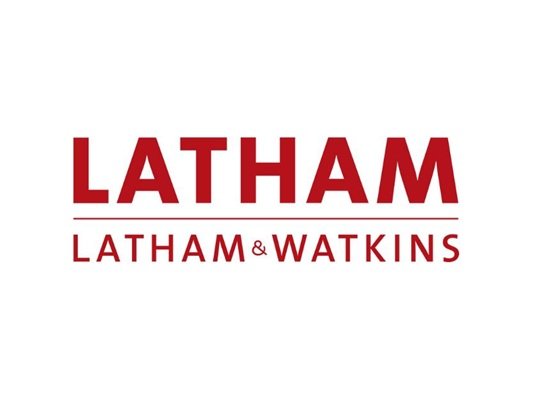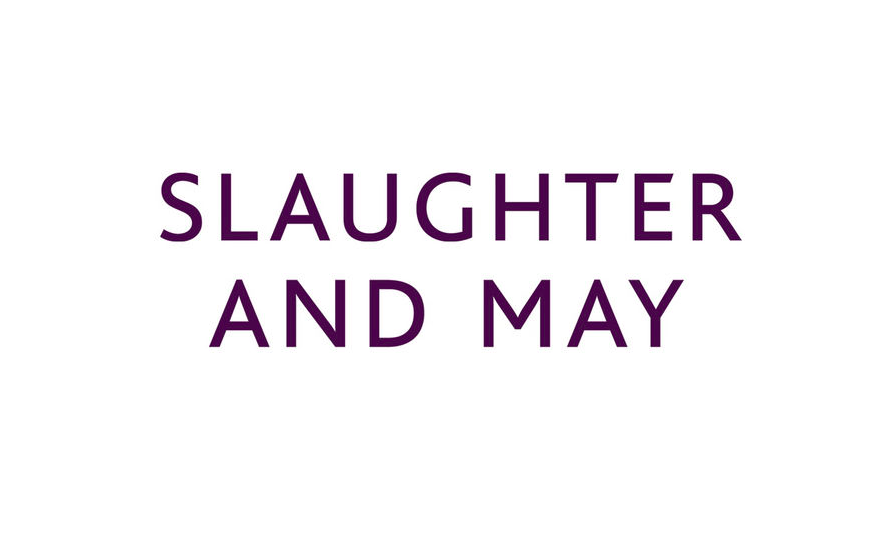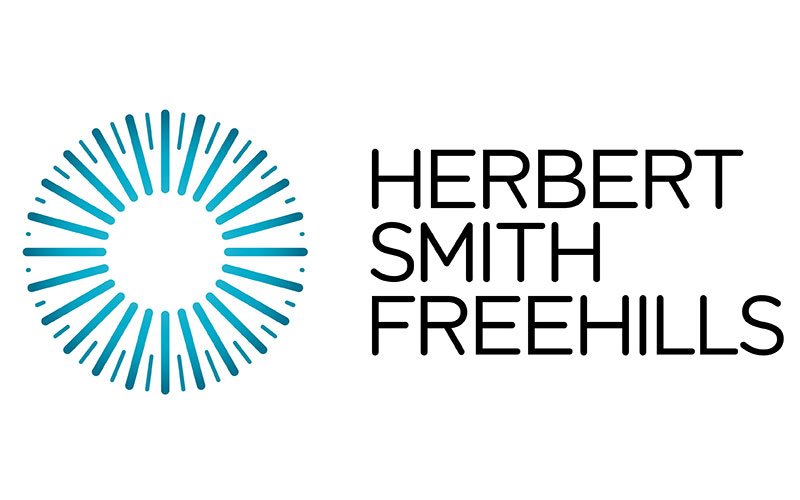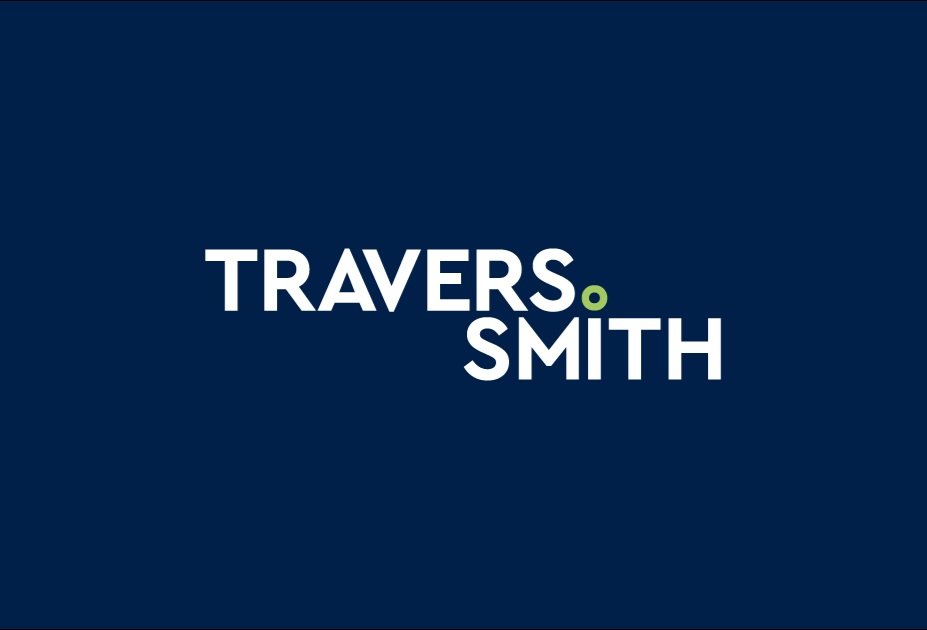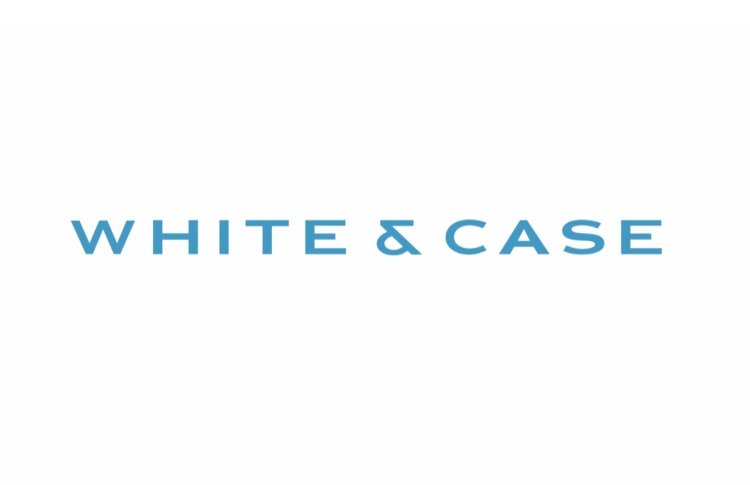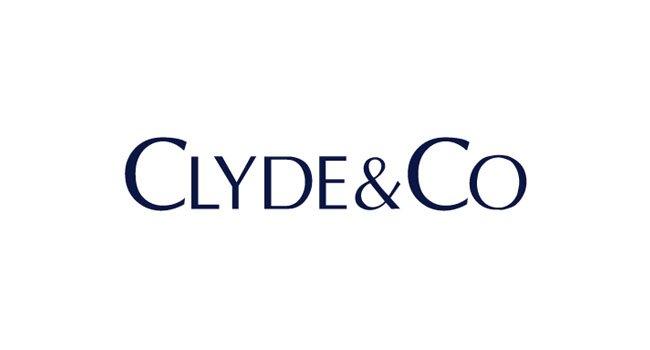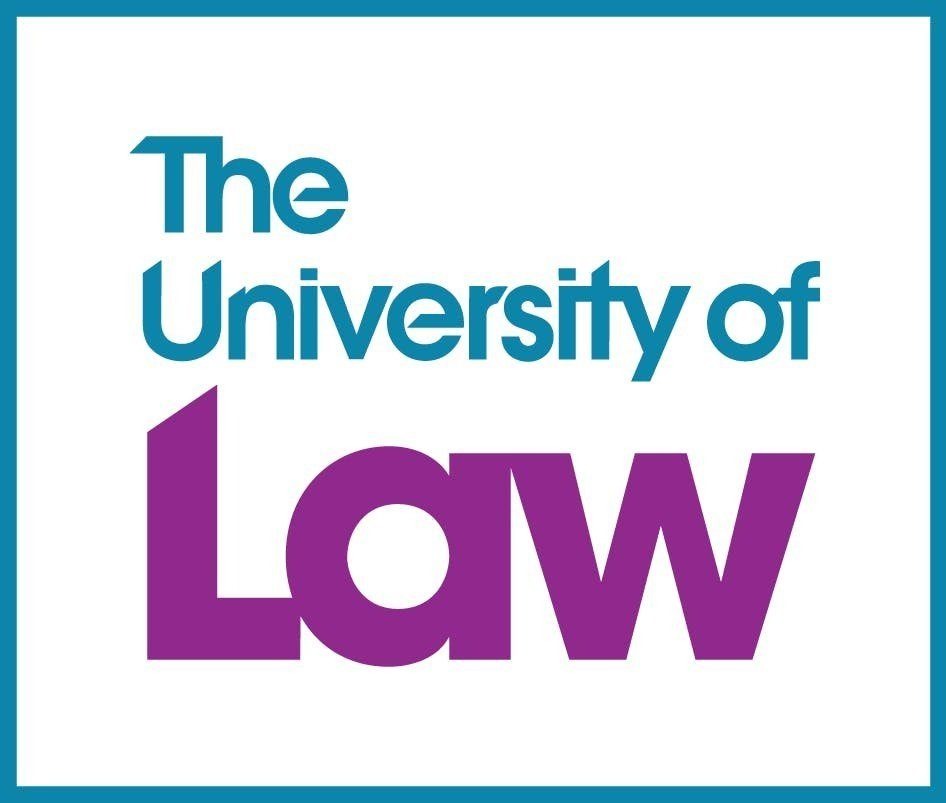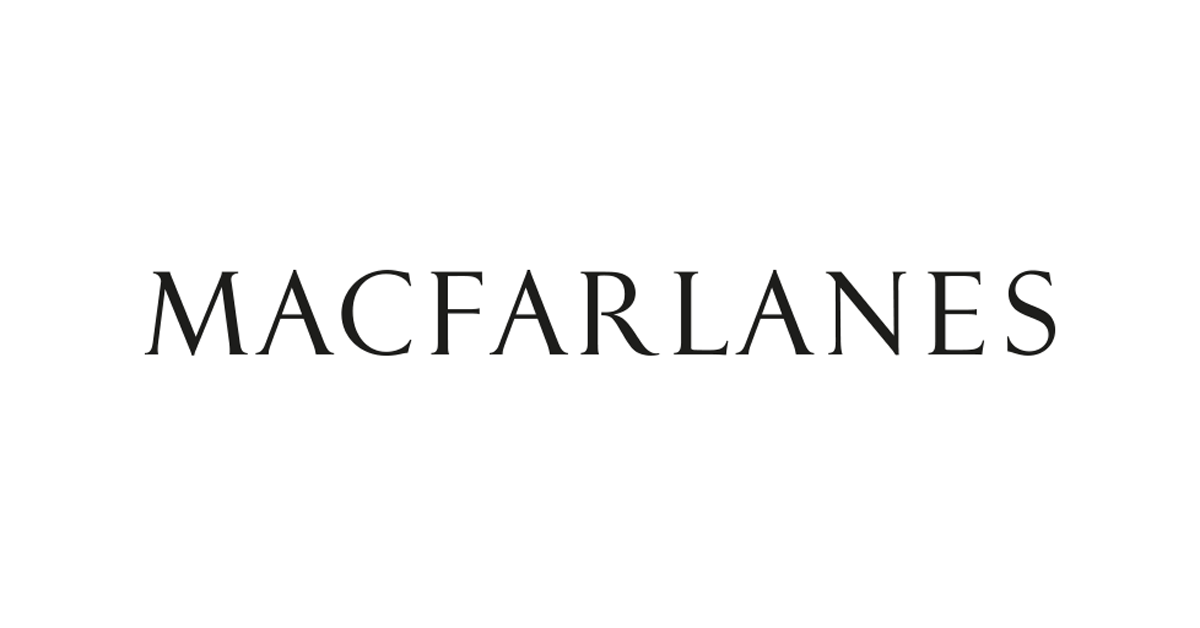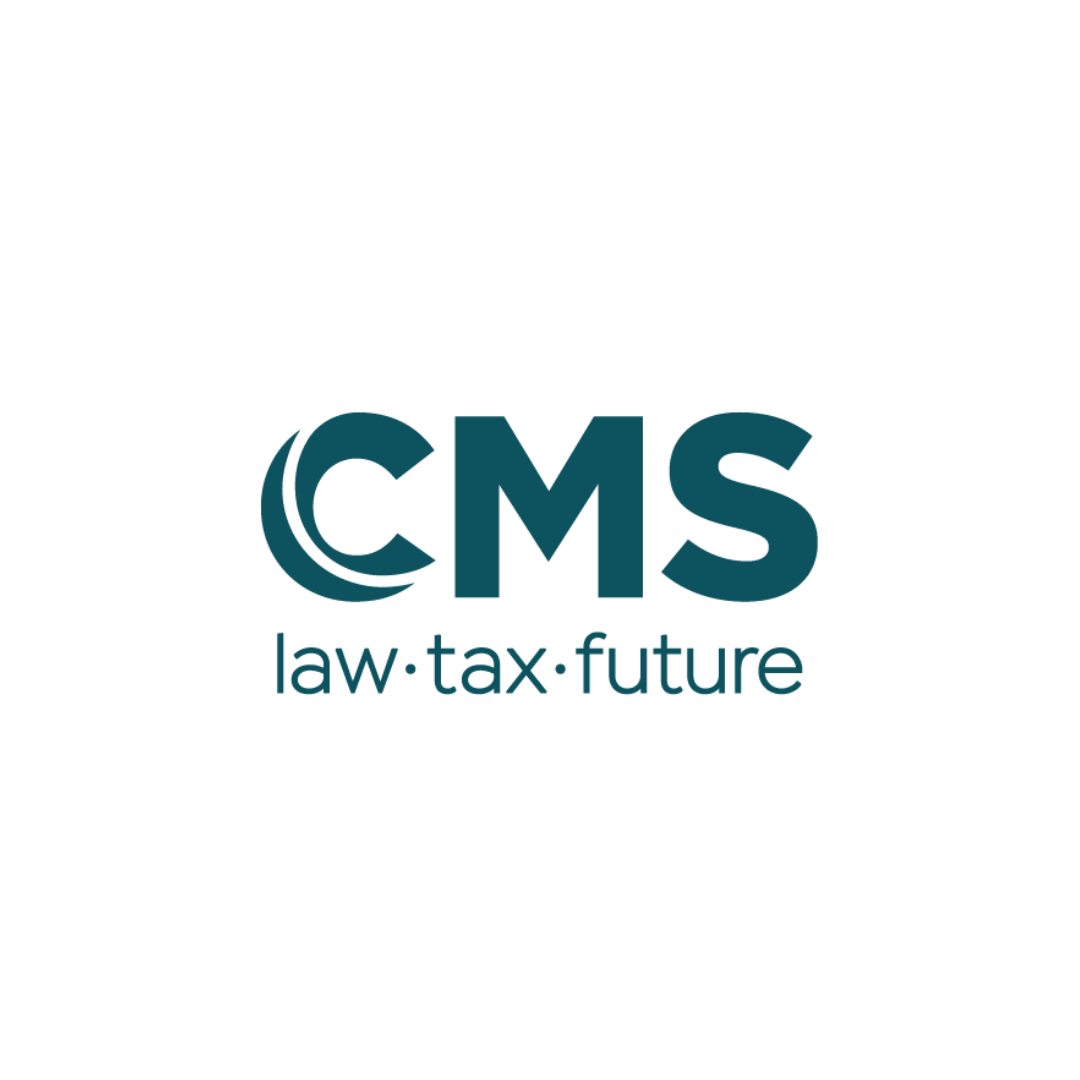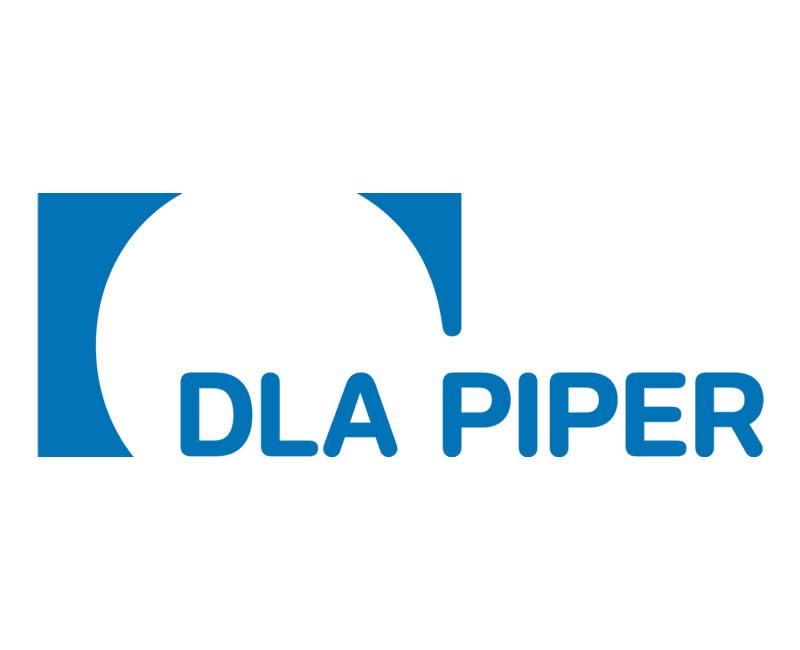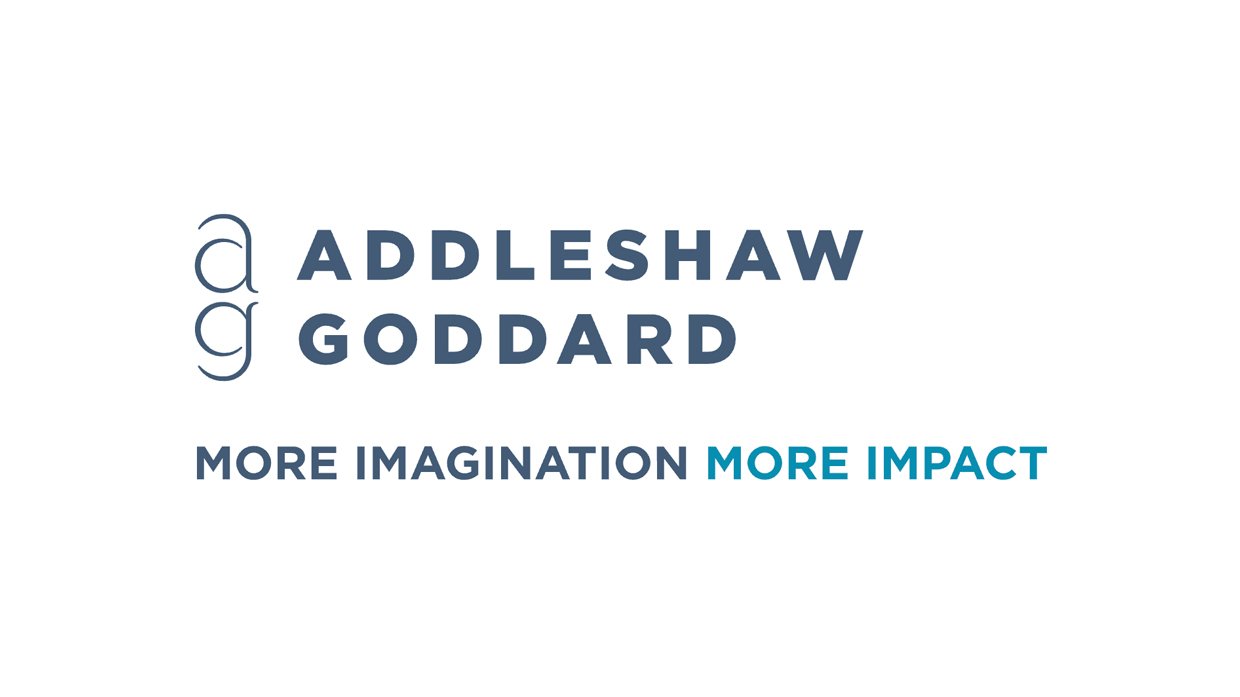The issue of property ownership in the United Kingdom has long been a subject of intense controversy, marked by practical and philosophical schisms. Under the current framework, the reigning monarch lays claim to superior interest in all land within England, Wales, and Northern Ireland, through mechanisms such as the Crown Estate, the Dutchies, and the escheat process. This practice is seemingly at odds with the influential philosophical perspectives explored by thinkers like John Locke in his "Two Treatises of Government”[1], outlining the fundamental tenets of social contract theory. This article will examine the compatibility of property ownership by the monarchy within the context of these philosophical doctrines. This analysis will ultimately contend that the Monarch's overarching claim does not inherently clash with these principles, seeing as the current structure of the system of property rights provides protection, aligns with the constitutional framework, and allows for governmental accountability.
The UK has a rich history of monarchy dating back centuries. Throughout the feudal period, the monarchs exercised sizeable control over land and property. The crown held large amounts of land, and property ownership was intertwined with the monarch’s authority. However, due to the waning power of the monarchy, property rights evolved. This was exacerbated by The Glorious Revolution of 1688, in which Locke’s theory had an influencing hand, as it resulted in the establishment of a constitutional monarchy, and the primacy of Parliament. Property rights, as a result, underwent significant changes as the monarchy’s power became more symbolic than absolute. However, the monarchy still retains special interests in land and property, such as Crown land, the Duchies, and the process of escheat – all of which are a legacy of centuries of historical development and tradition. This historical outlook raises questions about how these property rights were established, their evolution and whether they are compatible with Locke’s social contract theory.
To understand the relationship between property ownership and social contract theory, the foundations of the theory must be explained. John Locke proposed, contrary to Hobbes’ absolutist social theory[2], that individuals form civil societies and governments by mutual consent through a social contract. While individuals are born with natural rights, which entitles them to further rights (such as those within the property), these individuals agree to give up some of their natural rights in exchange for their protection in a more organised and secure manner. As a result, one of the primary functions of government is to protect property rights. Furthermore, Locke’s theory outlines that while individuals have the right to acquire property through their labour and mix it with natural resources, such as cultivating land, one’s property acquisition should not harm others, and leave enough property for others to use[3]. Essentially, this theory provides a theoretical basis for the protection of property rights as a fundamental component of a just and orderly society.
An intriguing aspect of the monarchy’s role in property ownership is the ‘special interest’ owned by the reigning monarch. This concept seems at odds with Locke’s foundational assertion that “all power and jurisdiction is reciprocal, no one having more than another [..] promiscuously born to all the same advantages of nature, and the use of the same faculties”[4]. If all have the same claim to the land, how can one, the monarch, have ‘superior interest’ and the final right in a ‘collection’ of ownership? Under the theory, the consent of the governed is emphasised. The question remains, however, whether individuals have consented to the special property rights granted to the crown, especially as these rights are seen as embedded in the constitutional and historical framework of the UK, and whether all people’s ‘collective’ right to property is truly protected.
Locke highlights the importance of acting in accordance with the rule of law and the principles of governance, which appears counterintuitive to a system that places one’s entitlement to rights above another. This ‘superiority’ and entitlement also further contradicts Bingham’s 3rd principal rule of law[5], which forms a part of a set of principles that underpin the legal system to maintain a fair, just, and democratic governing of law, specifically “equality before the law”[6], where one must not have a ‘higher’ legal position to others. The UK’s constitutional framework takes an important role in the regulation and definition of the Crown’s special interests. They are established and controlled by laws and constitutional principles, such as the Crown Estate Act[7], which defines the management and ownership of the Crown Estate as a statutory corporation where all revenues generated are paid to the UK Treasury and further contributed to public funds. In addition, the Sovereign Grant Act[8], which defines the formula for determining the funding of the monarchy, also outlines the responsibilities and limitations on the use of these funds to support the official activities of the monarch. These regulations, and the many more legal mechanisms surrounding them, provide a clear framework for the protection of property rights in the context of a constitutional monarchy and reflect a form of consent in the democratic election of the government which legislated these acts. In this way, they are consistent with the societally agreed rule of law and the principles of governance, reinforcing the principles of Locke’s theory.
Another principle of great importance in Locke’s social contract theory is the protection of property rights as a fundamental function of the government[9]. When evaluating the escheat process, we can recognise that there are protective elements to these unclaimed/abandoned properties, rather than it simply being an assertion of ‘greater’ rights. With the state or government ensuring that unclaimed or abandoned property returns to its ownership, it prevents abandonment and decay from neglect, thereby maintaining the original value and integrity of the property, recognising the importance of said properties. It also helps facilitate property reclamation, as escheat laws often include provisions to prove ownership or demonstrate a legal right to the property, ultimately helping safeguard ownership rights or the rights of those with a legal interest in the property. While the monarch in title has ‘superior rights’, the restrictions placed upon them, and the framework surrounding these rights facilitate proper protection of property for those with vested rights and prevents the waste of land, which fulfils the requirements outlined by Locke.
Furthermore, rather than viewing the monarch’s special rights as a violation of protection, we can instead take the perspective of the monarch’s special property interests as a historical extension of this principle. All these property rights are protected under the legal and constitutional framework of the UK, guaranteeing that they remain intact and safeguarded. This is achieved through mechanisms such as land registration systems, zoning laws which protect owners from incompatible land uses to preserve the value and character of the land, and the regulation of the monarchy’s ability to exercise their ‘superior interests’ such as the existence of the Crown Estate limiting the monarchy’s direct control, parliamentary oversight and property laws as previously discussed. In addition, the profits accumulated from these properties, such as the Crown Estate’s profit margin of £442.6 million[10] in rights and royalties from oil and gas drilling of the seabed and half of the foreshore around large parts of England, as well as wind and wave farm developments, are put towards supporting the government’s ability to maintain law and order, henceforth the broader protection of property rights.
Combining the two aforementioned points, Locke’s theory emphasises that the government must work for the common good and benefit of all members of Society[11]. The revenues generated from the monarch’s special property interests, such as the Crown Estate, the escheat, and the Crown land, are mostly used to support the government and public sectors – bar an assigned percentage of the Crown Estate to maintain the monarchy. The funds generated contribute to the common good by funding infrastructure, social services, and various public functions. As such, the monarchy’s property interests align with the goal of the broader social contract, which is to serve the welfare of the citizens, furthermore, the prevention of one’s rights from harming another’s, and leaving enough land for others to utilise. However, not all the funds service this purpose, since according to the Sovereign Grant Act section 1[12], they also serve as a new system of funding for the monarchy. Perhaps the reason for this is the attempted preservation of Britain’s monarchy and traditions, alongside the new philosophical and political developments of society, suggesting that this mission to maintain both is not possible. Even with an arguably ‘actual figurehead’ head of state, Locke’s principles will never be fully satisfied by the existence of a non-democratic leader.
Essentially, under the UK’s current constitutional framework, it may appear that the monarch’s superior interest in property does not align with Locke’s influential social contract theory. However, upon closer examination, it can be seen that through the many legislative decisions, protections, and practices put in place, property rights are not only protected but also align with the constitutional framework and ensure governmental accountability in acting for the greater good. It would be ignorant to claim that there are no areas for improvement, such as the financial element where the monarch gains capital from their superior interest in escheat, however, in a general sense, the property ownership of the British monarchy and Locke’s social contract theory seem compatible in practice.
References:
[1] John Locke, Two treatises of government (9th edn, Hackett Publishing Company, 1980) 1.
[2] Thomas Hobbes, Leviathan (first published 1651, Penguin 1985).
[3] Ibid.
[4] Ibid.
[5] Tom Bingham, The Rule of Law, (Penguin books, 2011) 1.
[6] Ibid.
[7] The Crown Estate Act 1961.
[8] The Sovereign Grant Act 2011.
[9] Locke (n 1).
[10] The Crown Estate, ‘Integrated Annual Report and Accounts 2022/23: Creating lasting and shared prosperity for the nation’ (June 2023) https://downloads.ctfassets.net/nv65su7t80y5/62CIdZeDjs0I178w13bZh1/378d9e004247ff8a2fcf19e881a6f0e3/tce_ar23_web_accessible.pdf accessed 21 November 2023.
[11] Ibid.
[12] The Sovereign Grant Act 2011, s1
Bibliography:
Legislation
The Crown Estate Act 1961
The Sovereign Grant Act 2011 (s1)
Secondary Sources
Bingham T, The Rule of Law, (Penguin books, 2011) 1.
Hobbes T, Leviathan (first published 1651, Penguin 1985)
Locke J, Two treatises of government (9th edn, Hackett Publishing Company, 1980)
The Crown Estate, ‘Integrated Annual Report and Accounts 2022/23: Creating lasting and shared prosperity for the nation’ (June 2023)



